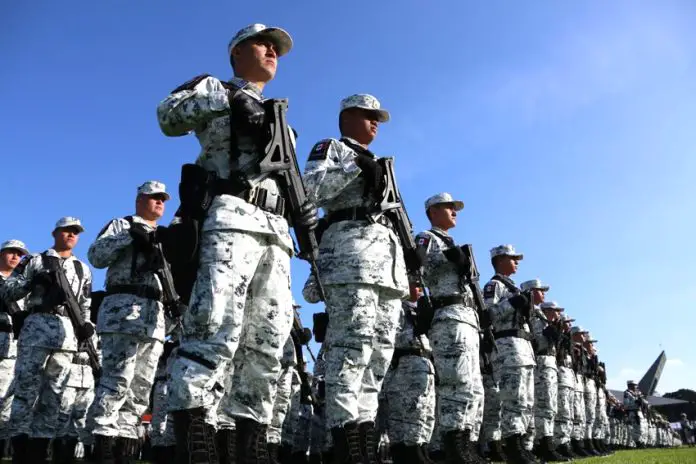After approving the federal government’s controversial judicial reform earlier this month, lawmakers with the ruling Morena party and its allies are now preparing to pass a constitutional bill that would place the National Guard (GN) under military control.
And they may achieve their objective before President Andrés Manuel López Obrador concludes his six-year term on Oct. 1, and thus deliver a second much-desired farewell gift to the 70-year-old leader.
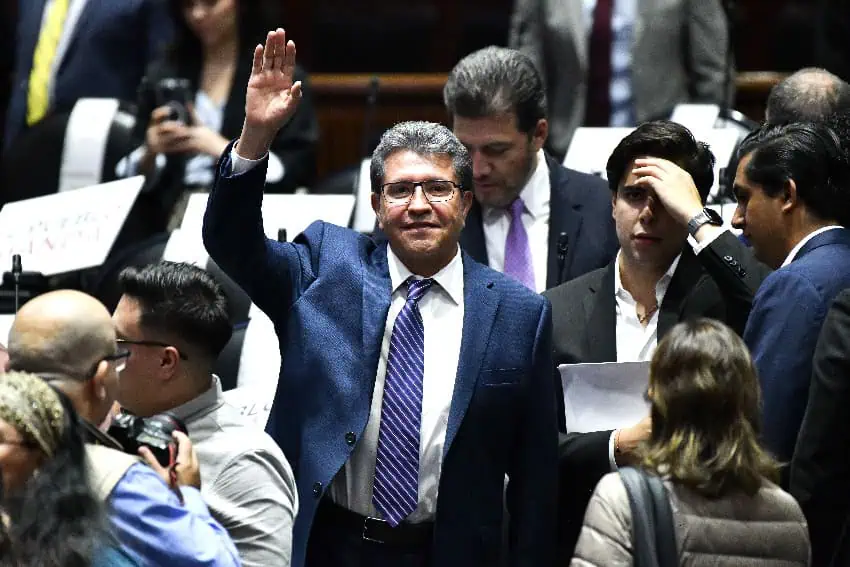
Ricardo Monreal, Morena’s leader in the Chamber of Deputies, said that a vote on the reform proposal that López Obrador sent to Congress in February could be held this week.
“We’re going to deliberate, and as the case may be, approve … the National Guard reform,” he said.
Morena and its allies, the Labor Party (PT) and the Ecological Green Party of Mexico (PVEM), have a supermajority in the Chamber of Deputies that allows them to approve constitutional reforms without the support of opposition parties.
Ignacio Mier, Morena’s deputy leader in the Senate, said that he expects that debate on the GN reform bill will commence in upper house committees next Monday, after its approval in the lower house of Congress.
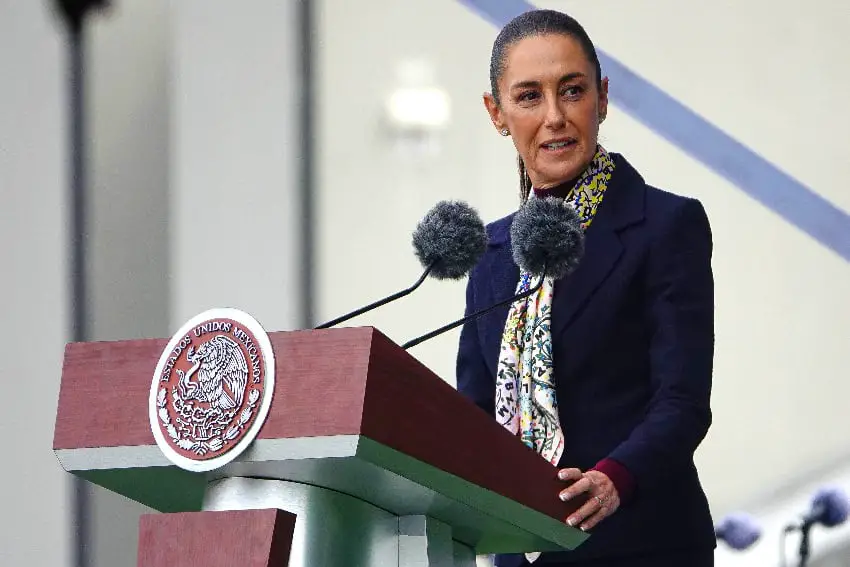
Morena, the PT and the PVEM are one vote short of a supermajority in the Senate, but were able to find an additional vote to pass the judicial reform last week.
The most controversial aspect of the National Guard reform is the provision to place the security force under the control of the Defense Ministry (Sedena).
In late 2022, the Congress approved a bill backed by López Obrador that modified four secondary laws and thus paved the way for the GN to be placed under the control of the army.
However, the Supreme Court ruled in April 2023 that the transfer of control over the National Guard from the civilian Security Ministry to Sedena was unconstitutional, a decision that angered the president.
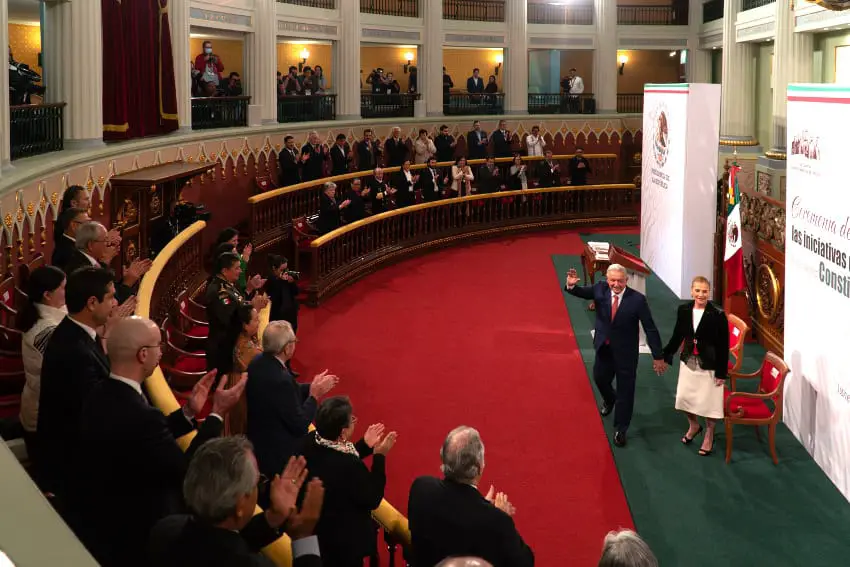
López Obrador, who argues that the National Guard needs to be under the control of the military to prevent corruption and guarantee the force’s professionalism, subsequently prepared a constitutional bill to once again give Sedena responsibility for the security force his administration created.
The GN was established in 2019 under a constitutionally-enshrined civilian command.
Opposition parties, government critics and some human rights organizations pointed to the transfer of control over the National Guard to the army in 2022 as another example of the militarization of Mexico that they say has occurred during the current government. Human Rights Watch has warned that the government’s militarized security policy risks facilitating abuses by security forces while failing to reduce violent crime.
López Obrador has relied heavily on the armed forces during his six-year term, using the different branches of the military for public security, infrastructure construction, and the management of ports, airports and customs offices, among other non-traditional tasks.
In total, his GN bill seeks to modify 12 articles of the constitution. Among its aims are to:
- Attach the National Guard to the Defense Ministry.
- Define the National Guard as a professional public security force that is part of the military but whose members have police training.
- Authorize the Congress to ratify high-ranking National Guard appointments made by the president.
- Authorize the president to use the National Guard for both domestic security and external defense purposes.
- Give National Guard personnel the same rights and benefits as members of the armed forces.
- Empower the National Guard to conduct investigations under the command and direction of the Federal Attorney General’s Office.
The National Guard currently has around 130,000 members deployed across all 32 federal entities of Mexico. GN personnel outnumber police officers in 21 states, the Reforma newspaper reported Tuesday.
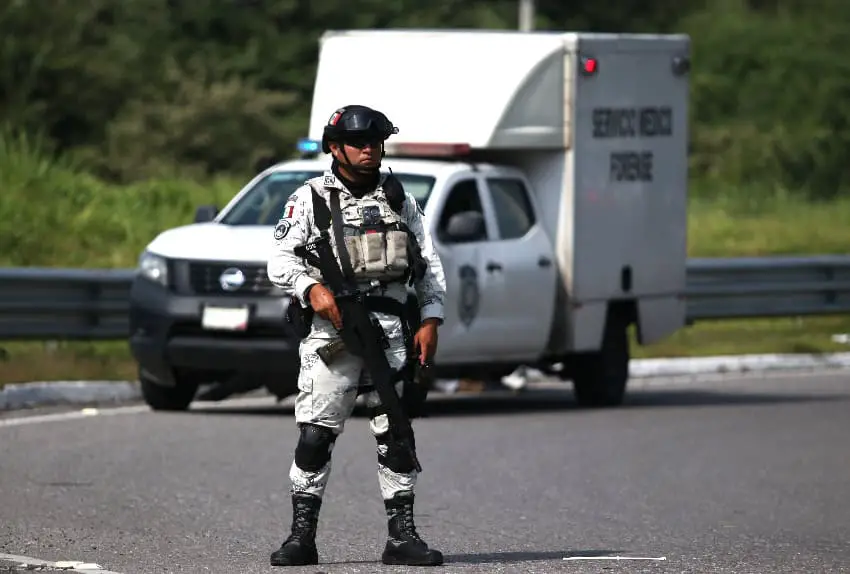
The security force plays a key role in the fight against drug trafficking, including fentanyl, and has also been used by the government to curb the flow of migrants to the Mexico-United States border.
When the GN was inaugurated on June 30, 2019, then security minister Alfonso Durazo declared that the establishment of the National Guard would “mark the beginning of the end of the violence in our country.”
“With complete responsibility, we can say that … the darkest days of insecurity will stay in the past,” he said.
However, homicide numbers continued to increase in the first half of López Obrador’s six-year term before declining in more recent years, but remaining very high.
President-elect Claudia Sheinbaum fully supports placing the National Guard under the control of the army, as well as various other constitutional bills the president sent to Congress in early 2024.
With reports from Reforma and El Financiero
